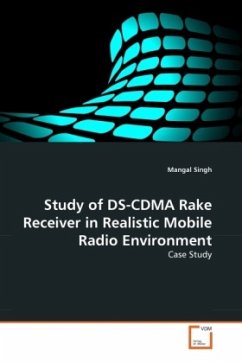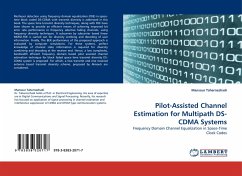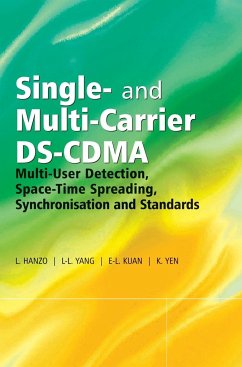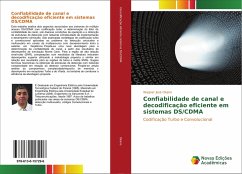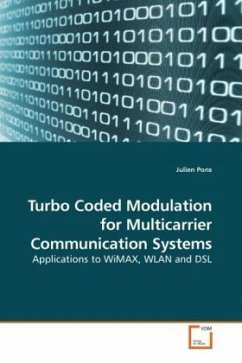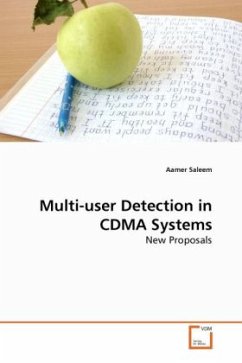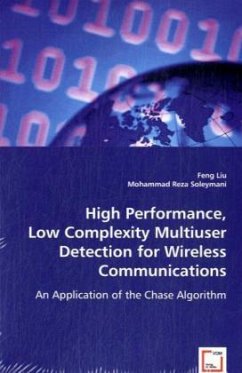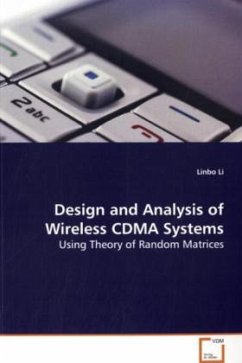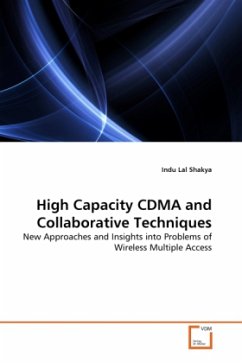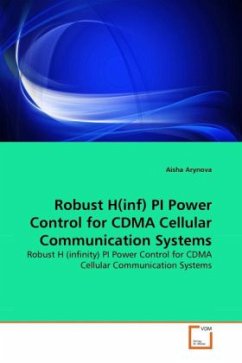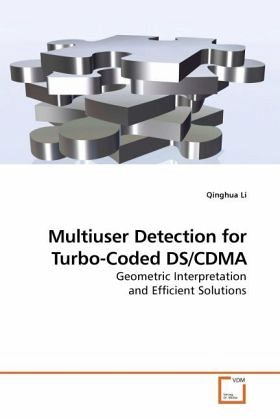
Multiuser Detection for Turbo-Coded DS/CDMA
Geometric Interpretation and Efficient Solutions
Versandkostenfrei!
Versandfertig in 6-10 Tagen
39,99 €
inkl. MwSt.

PAYBACK Punkte
20 °P sammeln!
Multiuser detection (MUD) and turbo coding are two of the most powerful techniques for enhancing the direct spread code-division multiple-access systems (DS/CDMA). Since the optimal MUD of DS/CDMA uplink has prohibited complexities, efficient detectors are desirable. We investigate MUD for three types of DS/CDMA channels, from the simple to the complex. First, we provide a geometric view for MUD and a way for computing the optimal decision regions for synchronous uncoded DS/CDMA over known fading channels. It is shown that Verdu s algebraic notion of indecomposable error sequences relates dire...
Multiuser detection (MUD) and turbo coding are two of the most powerful techniques for enhancing the direct spread code-division multiple-access systems (DS/CDMA). Since the optimal MUD of DS/CDMA uplink has prohibited complexities, efficient detectors are desirable. We investigate MUD for three types of DS/CDMA channels, from the simple to the complex. First, we provide a geometric view for MUD and a way for computing the optimal decision regions for synchronous uncoded DS/CDMA over known fading channels. It is shown that Verdu s algebraic notion of indecomposable error sequences relates directly to the geometric construction of the decision regions. The geometric interpretation results in two efficient detectors. Next, we address the joint channel estimation and MUD in asynchronous DS/CDMA over unknown fading channels. For low complexity, blind receivers are proposed based on the sequential expectation-maximization algorithm. Finally, we develop an iterative detector for turbo-coded CDMA over known fading channels, exploiting the power of both MUD and turbo coding.



